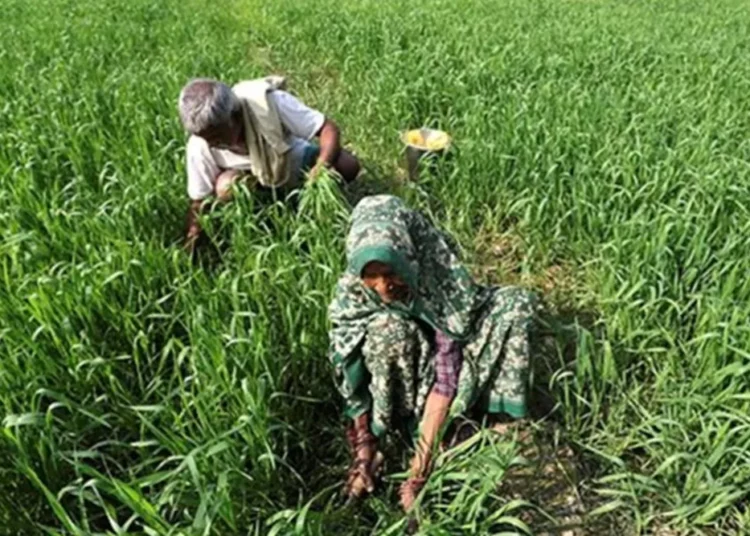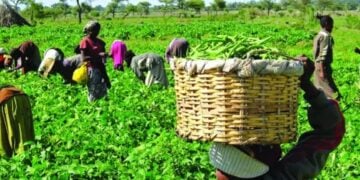In collaboration with ActionAid, a non-governmental organisation, YouthhubAfrica has trained 80 young farmers in agroecology across six communities in the Federal Capital Territory (FCT) to encourage the adoption of organic farming methods aimed at boosting food security.
Speaking during the event yesterday in Abuja, with the theme: “Strengthening the Network of Actors for the Promotion of Agroecology in FCT,” the executive director of YouthHubAfrica, Rotimi Olawale, said the initiative aims to build collaboration among youth groups, women’s associations, policymakers, and government agencies to advance agroecological practices in the FCT.
According to him, participants were drawn from Waru, Dukpa, Bwari, Garki, New Jerusalem, and Kabusa, and underwent two intensive training sessions focused on sustainable farming practices.
“This conversation is about bringing together different practitioners and policymakers to explore opportunities to strengthen the agroecological ecosystem,” Olawale said. “We want to support youth and women in understanding and expanding this practice, not only as a means of food production but also as a community of practice.”
He explained that the programme was developed in response to Nigeria’s deteriorating economic conditions, especially rising food inflation, which he identified as a major driver of overall inflation.
“If you unpack inflation, food inflation is one of the biggest contributors. We believe agroecology can offer a sustainable path for young people to go into food production, feed themselves, generate income, and contribute to national food security,” he added.
Olawale noted that the training, conducted in two batches, covered communities including Dukpa and Waru. Participants were selected based on access to farmland and willingness to engage in long-term agricultural ventures.
The sessions focused on the cultivation of ugu (fluted pumpkin), and included the provision of seedlings, farm demonstrations, market linkages, and ongoing extension services.
“We conducted hands-on practical sessions, guided them on the farm, and helped them connect their produce to markets. The results from the two batches have been encouraging,” he said, adding that participants are also encouraged to mentor others in their communities to spread the knowledge.
He expressed optimism that youth-led agroecological businesses can thrive and contribute meaningfully to poverty reduction with consistency and the right support.
Also speaking, ActionAid’s programme advisor, Blessing Ifemenam, said the initiative is part of the Strategic Partnership Agreement (SPA) project aimed at strengthening agroecology networks nationwide.
“This gathering is about reinforcing the network of actors promoting agroecology. Climate change is real, and industrial farming significantly impacts the environment,” she said.
“What we’re promoting is a climate-resilient, sustainable method of farming that uses organic pesticides, compost, and natural techniques. Agroecology has the potential to feed people while protecting the environment.”
She stressed the importance of stronger collaboration between government, farmers, youth, and women in building a more inclusive and resilient food system.
One of the trainees, Mariam Ogwuche, shared her experience, saying the training reshaped her understanding of sustainable agriculture.
“As an advocate for climate justice, I knew the harm synthetic fertilizers cause to the ecosystem. But this training taught me how to produce organic fertilizer using cow dung, cow urine, and other natural materials. I didn’t know it was possible until I did it myself,” she said.





